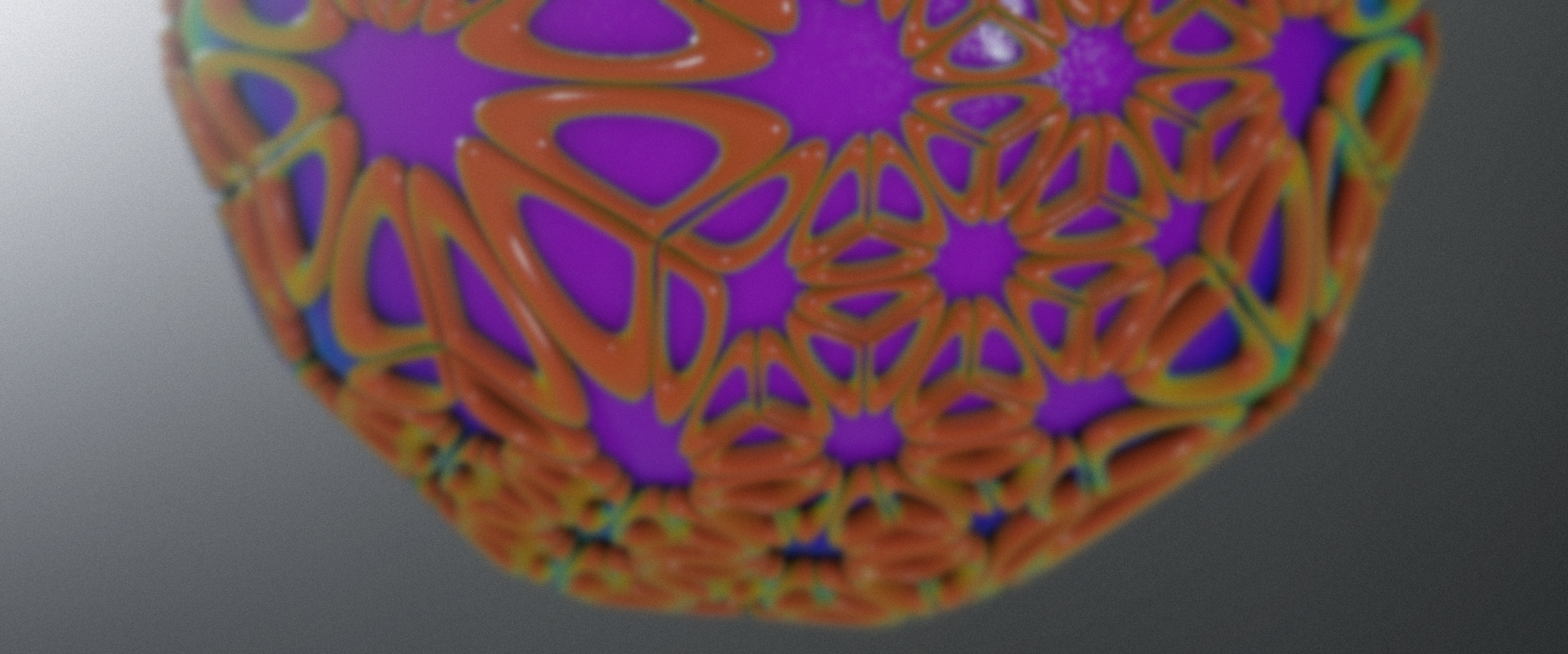A valued IWTF member recently expressed discontent with the Procrustean bed of journal article abstracts, which generally disrecommends the use of glittering generalities, poëtic language, true threats, asemic writing, or any sort of fun.
As a Science Enjoyer—indeed, as someone who Freaking Loves Science—this is actually a topic dear to my heart. Most people do not know how scientific publication works. Scientists will be well-familiar with most of the problems I outline, but a lot of this is not obvious to people 'not skilled in the art'. Indeed, after my cursory investigation on the topic, I was shocked by how broken the system is, and how fundamentally misinformed, disinformed, and even malinformed I was.
Scientists derive most of their income from royalties that they receive every time a paper that they write is purchased, with patents making up the rest. Unfortunately publishers take a huge chunk of this income, a fraction of which goes to peer reviewers (people who are paid by the journals to repeat experiments), but most of which goes to the staff of the journal. If scientific publication were a country, it would have a Gini coëfficient worse than Colombia.
The 'open access' meme pushed by journals like SciHub is making the situation even worse: journals are tightening their purse strings and researchers are the first to suffer. Open access is wildly unpopular among scientists but few have spoken up about it because Kazakhstan (the home of SciHub) is a former Soviet state and it's considered important to 'keep them on our side' in light of the whole geopolitical situation.
This is actually part of the reason why abstracts have gotten so dry and 'scientific' over the past decade or so: the dire financial situation of scientific publication encourages a stifling conservatism in writing style. It's all about reliable returns on investment. This conservatism actually runs all the way through journal articles. It's the reason why the overwhelming majority of scientific papers are written in Times New Roman (a.k.a. 'Serif') using an APP called Overleaf, which I was shocked to learn dates back to 1978. This is despite the existence of a wide range of fun fonts proven by designers to increase engagement, improve information retention, and actually lower levels of the stress hormone cannabidiol, not to mention the continuous release of new features in Office 365.
I think that this entire situation should be shaken up. What I'm suggesting is a publishing model strongly inspired by Patreon and OnlyFans, but leveraging crypto and NFTs. Science fans will directly fund the scientists and science that they're interested in and get live updates and shows directly from inside the lab. Higher tiers of sponsorship will unlock behind-the-scenes content, raw instrumental data, deanonymised participant info, and bloopers reels (lab accidents, adverse events, you name it). On a more ad hoc basis, fans could vote on actions to be taken in the lab or trigger 'special laboratory events' based on a quadratic voting scheme, 'making it rain' with tokens to temporarily take control of the scientific method, with all the wacky hi-jinks and 'citizen science' that may entail. At the highest level of commitment, fans will be able to buy unique non-fungible tokens which give them exclusive rights to parts of or the entirety of a publication. Fans will also be able to send scientists 'loot crates' of scientific equipment and consumables to be opened on stream.
Taking journal publication 'online' has additional benefits in terms of allowing scientists to be more experimental with how their research is presented. I'm particularly interested in the possibility of scientific results being presented in the form of a 'lyric video', which delivers a paper words or phrases at a time with exciting kinetic typography and an engaging soundtrack. This is based off my investigation into 'Spreeding™', an incredible technology which allows readers to read and understand anything 3× faster by presenting it two words at a time, in a rapid-fire fashion, approaching the threshold of permanent brain injury. I don't think scientists need go quite that fast, and I definitely think that scientists should slow down for long or difficult to pronounce words. They should be endeavouring to use shorter words anyway. One possible problem with the lyric video concept is that will probably require the research to rhyme.
